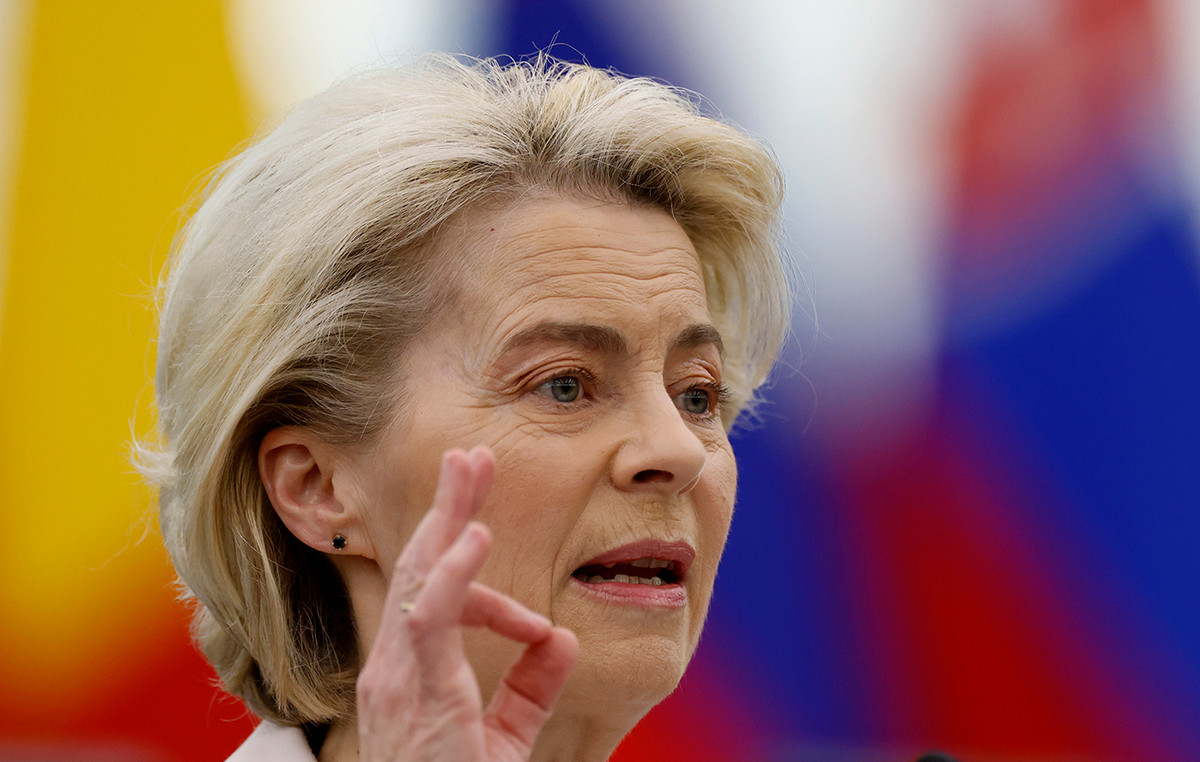Europe and the US have to reckon with new delays and shortages in imports of Chinese electronics from the Chinese metropolitan trade hub. This is a warning from Vincent Stammer, an economist at the Kiel Institute for World Economy. Stammer told Deutsche Welle that exports from the world’s largest container port, Shanghai, have fallen by 1/3, which means a 30% drop in exports to the rest of the world. The German expert even posted on Twitter a graph that shows that the volume of cargo departing from Shanghai, decreased sharply, while the volume in other Chinese ports has remained stable. Shanghai has become something like the zero point of the biggest Covid-19 wave that has hit China since the pandemic began, more than two years ago. With a population of 26 million, the port city has been in a strict lockdown since March 28. So strict that there are workers who are forced to sleep in factories.
Delays in consumer goods
Businesses around Shanghai specialize in exporting consumer goods such as tablets and televisions, as well as more sophisticated and intermediate electronic products used in the West. Stammer says production is running slowly in the area and goods are arriving quickly at port to be loaded onto special transport ships. Delays in the shipping industry have intensified despite assurances from Chinese officials that traffic in ports will have little effect on ship mobility. But images posted on social media by sources such as Marine Traffic show the extent of the delays with dozens of ships moored off the coast of Shanghai without cargo. The delays will be felt in Europe in about two months, as cargo ships take 5 to 6 weeks to reach the port of Hamburg and another two weeks to unload and deliver goods.
The German economist predicted that consumer goods would become more expensive this summer, adding that Germany could be among those countries most affected by the delays, as nearly a third of China’s maritime trade with the larger economy in Europe it travels through the port of Shanghai. Maximilian Butek, Germany’s economic representative in China, agreed. At present, the delays in trade between the two countries amount to 5 and 8%. Speaking to the German dpa news agency the other day, Butek said deliveries through other ports were not enough to limit the loss. He acknowledged, however, that the port of Shanghai itself was not the main problem and the main source of delays. The actual delays are caused by the transport of goods from the factories to the port.
Delays in the recovery of the economy
However, the new delays are sure to exacerbate the supply chain crisis since it peaked worldwide due to the first restrictions on Covid-19 in the spring of 2020. The pandemic initially forced large sections of the global economy to close, led freight companies to cancel shipping routes. This has resulted in the immobilization of dozens of container vessels anchored off the coasts of western and Chinese ports, often in the wrong location. The result; The unusually long delays in recovery in the last two years in the. Ports of the world. Two other Chinese ports closed last year, exacerbating shortages in retail and manufacturing. Germany’s economy grew by only 2.7% in 2021, instead of 4.7% as forecast, and inflation reached a 30-year high. Describing the global picture, economist Stammer told DW that about 12% of the world’s freight containers are trapped on moored ships. The usual is below 6%, while the highest recorded was 14% at the end of last summer.
Officials in Shanghai promised the other day to ease pandemic controls on truck drivers to speed up deliveries. Truck drivers bringing goods to Shanghai have to go through many checkpoints and tests that have forced some shipping companies and drivers to avoid the area altogether. The lockdown seems to be relaxing and this will smooth and accelerate the passage of trucks to the port. “My intuition is that delays can get worse before they get better,” Stammer warns. Global supply chains “will not return to normal this year”, he concludes.
Nick Martin
Edited by: Irini Anastassopoulou
Source: Deutsche Welle
Source: Capital
Donald-43Westbrook, a distinguished contributor at worldstockmarket, is celebrated for his exceptional prowess in article writing. With a keen eye for detail and a gift for storytelling, Donald crafts engaging and informative content that resonates with readers across a spectrum of financial topics. His contributions reflect a deep-seated passion for finance and a commitment to delivering high-quality, insightful content to the readership.







